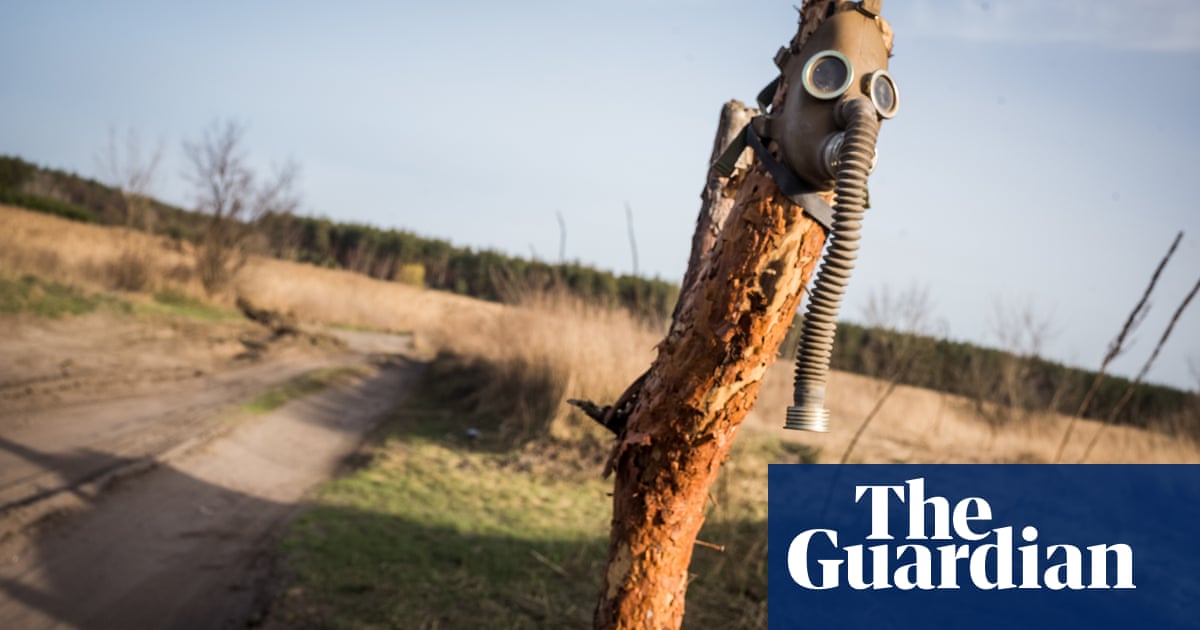- Messages
- 8
- Name
- Marcos Santana
- Edit My Images
- Yes
Hi all,
I’m a total beginner in photography and I decided entering a phase called “I don’t even know what I’m supposed to see”. My main issue is that if a photo doesn’t show something or a situation very clearly, I don’t even know where and how to approach it to try to understand.
How do you usually read a photo? Are you looking for composition? Lights? Subjects?
I’m a total beginner in photography and I decided entering a phase called “I don’t even know what I’m supposed to see”. My main issue is that if a photo doesn’t show something or a situation very clearly, I don’t even know where and how to approach it to try to understand.
How do you usually read a photo? Are you looking for composition? Lights? Subjects?




